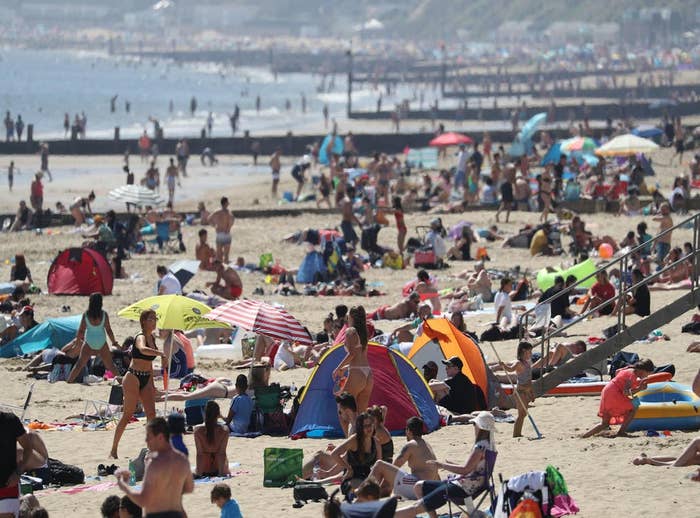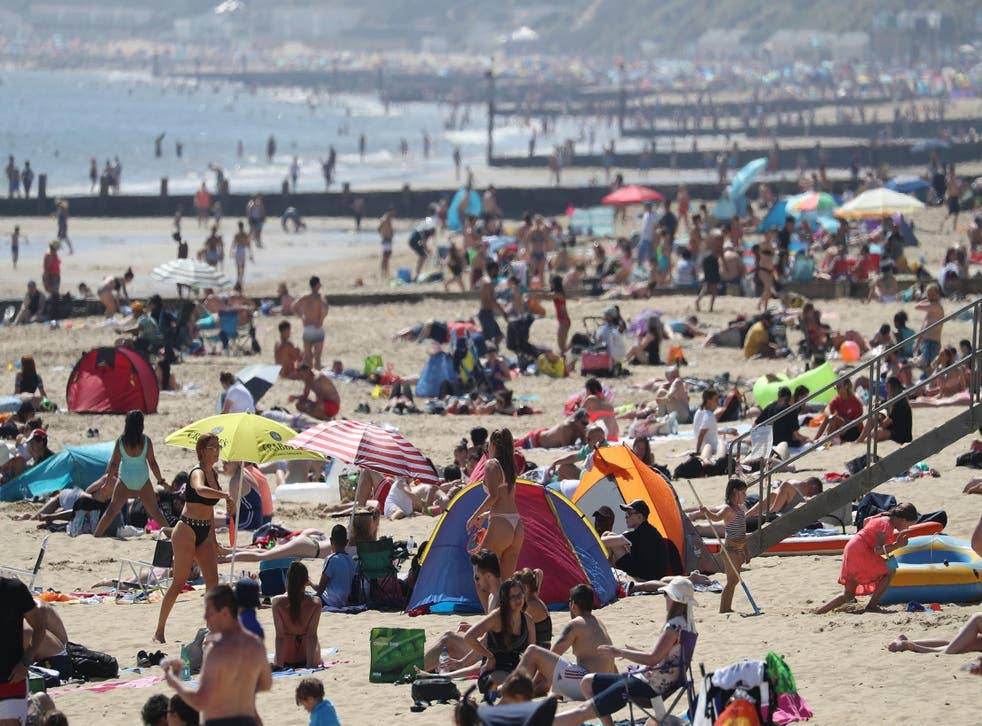
The Met Office has issued a rare amber extreme heat warning for next weekend as the UK prepares itself for the hottest temperatures since 2019.
Set to take place across July 17 and beyond, the UK’s national weather service warned that population-wide adverse health effects would be experienced, leading to potential serious illnesses or dangers to life.
The UK’s hottest day of the year so far was expected on Monday, with the mercury likely to hit 33°C in southern parts of England. Temperatures look to build later this week and into the weekend for much of England and Wales.
Temperatures are expected to hit 35°C in the south-east, and more widely around 32°C within the warning area which covers much of England and eastern Wales, the Met Office said.
“These high temperatures could extend into the early part of next week and an extension of the warning will be considered in the coming days,” the service said.
Weather forecasting models has also said there is the chance that temperatures could reach 40°C next weekend, which would break the current British temperature record of 38.7°C set in Cambridge just three years ago.
But a spokeswoman for the Met Office said it takes computer modelling into consideration when making its predictions and it believes the warmest weather will not reach 40°C.
A statement from the Met Office said: “Population-wide adverse health effects are likely to be experienced, not limited to those most vulnerable to extreme heat, leading to potential serious illness or danger to life. Government advice is that 999 services should be used in emergencies only; seek advice from 111 if you need non-emergency health advice.”
“Substantial changes in working practices and daily routines (are) likely to be required,” the service went on to say. “Significantly more people are likely to visit coastal areas, lakes and rivers leading to increased risk of water safety incidents.”

